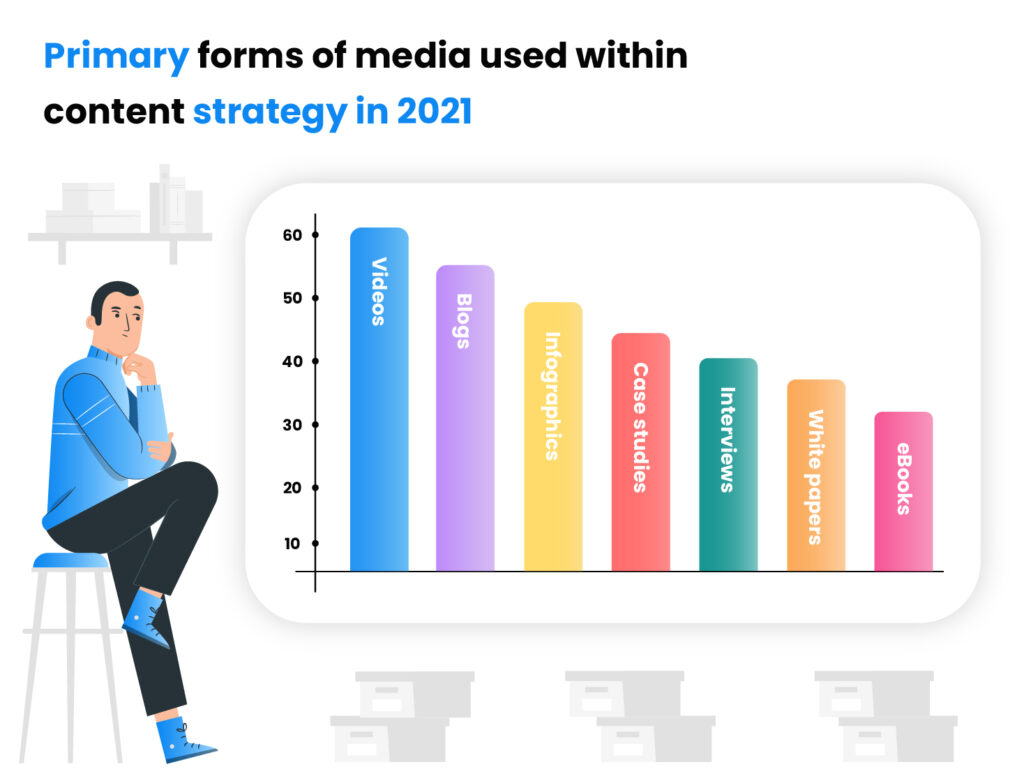Although people use them interchangeably, the terms associate and affiliate are not the same. Continue reading to learn about the differences between the two, and how they apply to online marketing as well as other fields.
What is an associate?
An associate is a person or legal entity that is connected with another person (e.g. a co-worker) or entity (e.g. an enterprise). The success of both is considered a joint venture. Although it can be considered closer to a partnership, it still comes with a set of rules all the parties must follow.
In the context of online marketing, associate marketers are those who are partnered with a business entity to promote their message or a product. Sometimes they can be the “face” of a company and interact with customers and build relationships. An associate is usually a person who has gained the respect of their followers, many of whom are willing to trust and listen to their advice.

Take the Amazon Associate Program as an example. People who signed up for the program promote Amazon’s products to their audience base usually through content marketing. While the Amazon Associates Program doesn’t specify traffic thresholds, other associate memberships may come with the requirement to meet a minimum that is set by the company.

What is an affiliate?
An affiliate is an individual or business entity that is contractually bound to another organization. In the context of affiliate marketing, independent affiliates can be individual marketers or companies that advertise products or services on behalf of a brand. Affiliates have a business relationship with brands through affiliate marketing programs. Affiliate members are paid a commission for products they help sell, usually via affiliate links.
In the online marketing sphere, affiliate marketing has become increasingly popular over the years thanks to its availability, low starting costs, and high ROI.
For an affiliate program to work, three different parties must be involved:
- The product creator – A company that creates and sells products or services. The product creator doesn’t have to be an active member of the advertising process, as long as they have an intermediary between the customers and themselves.
- The affiliate – Usually a contractor that markets products or services created by the product creator. Affiliates often operate in niches where they have specific interests and are well-regarded by their followers. Each affiliate has a preferred channel of communication where they grow their audience and engage with them. An important thing to remember is that affiliates have to always disclose their relationship to the customers to whom they are advertising.
- The consumer – The most relevant person out of the three. This is the end customer to whom affiliates market. When a consumer follows an affiliate link to the merchant’s checkout page and completes a purchase, the affiliate that referred them then receives a commission.

An example of an independent affiliate would be a social media influencer. They create content and as a part of a brand’s affiliate network, they advertise products to their audience. When members of the audience make a purchase, the influencer is then paid a portion of the revenue as commission.
What is the difference between an affiliate and an associate?
The differences between the affiliates and associates are often blurred. Although they can both advertise products to their audiences, associates tend to act as experts in their respective fields, while affiliates can be considered an intermediary between the business entity and its customers.
Another difference is that in the case of associates, customers don’t have to buy a specific product the associate advertises about for them to receive a commission. The customer just needs to make a purchase using the associate’s link. In contrast, affiliates market a certain product using a referral link and receive a portion of the revenue made from the sales of that exact product.
Nature of Relationship
- Affiliates: Typically have a contractual relationship focused on performance and sales. They work independently and are not considered part of the company’s core team.
- Associates: Often have a more integrated relationship, acting as representatives or experts associated with a brand. They might be involved in broader promotional activities beyond direct sales.
Compensation
- Affiliates: Compensated based on performance, usually receiving a commission for each sale or lead generated through their efforts.
- Associates: May receive compensation that isn’t directly linked to sales, such as a fixed fee, salary, or other benefits. Their role might focus more on brand promotion and customer engagement.
Level of Influence
- Affiliates: Influence consumers primarily through marketing tactics, relying on their platforms to drive traffic and sales.
- Associates: Leverage their expertise and reputation to influence consumer perceptions and build brand trust, often acting as thought leaders or trusted advisors.
Similarities between an affiliate and an associate
Despite the differences, affiliates and associates share some common ground, particularly in their roles within business ecosystems:
- Brand Promotion: Both affiliates and associates work towards promoting a brand’s products or services, contributing to increased visibility and market reach.
- Consumer Engagement: They both engage with consumers, albeit in different capacities, to foster interest and drive actions that benefit the brand.
- Strategic Partnerships: Both roles involve strategic partnerships with businesses, focusing on mutual benefits and achieving shared goals.
Application in Affiliate Marketing Software
In the context of affiliate marketing software, it’s important to understand these roles to effectively manage and optimize marketing efforts:
- Affiliate Management: Software platforms can help businesses monitor affiliate activities, track sales and commissions, and optimize affiliate relationships. Features such as precise tracking and automated workflows enhance the efficiency of affiliate programs.
- Associate Engagement: While associates may not be the primary focus of affiliate software, understanding their influence on brand perception and customer trust can inform marketing strategies and software features that support broader promotional efforts.

Frequently Asked Questions
What are the differences between affiliate associates and subsidiary companies?
The main difference between the two is the parent company's level of ownership over their stocks. In subsidiary companies, the parent business entity has a majority control over the subsidiary's stocks; in some cases, the parent company can even have control over all the subsidiary’s stocks. On the other hand, an affiliate company has a minor share of the stocks controlled by a parent company. The affiliate company is still the entity controlling the majority of its stocks.
What is the difference between Amazon Associates vs. Amazon Affiliates?
Amazon Associates receive a commission even if a visitor doesn’t buy a specific product they are linking to. In the long run, this can potentially result in higher income for the associates, with commission being anywhere between 4% to 8.5% per sale. Amazon Affiliates earn only when a customer buys a product they have affiliate links to, with commissions being dependent on the agreement between affiliates and the company they are marketing for.
What is the difference between association and affiliation?
People often use these terms synonymously; however, the main difference between the two is in the type of relationship they describe. Association usually indicates a more casual business relationship closer to a partnership, whereas affiliation can be understood as a stricter contractual agreement.
Are affiliates considered employees?
While affiliates can be employed by the companies they advertise for, they are most often independent contractors.
Affiliate marketing email templates
Discover expertly crafted email templates for affiliate marketing with Post Affiliate Pro. Enhance your communication by motivating, acknowledging, and engaging affiliates effectively. From terms and conditions to product launches, these templates ensure clear and consistent messaging to boost your affiliate program's success. Visit now to streamline your affiliate communication!
How To Find Affiliates to Sell Your Products
Discover over 10 successful strategies for finding high-quality affiliates in 2024 to boost your product sales. Learn to leverage influencers, join affiliate networks, and enhance your reach through SEO and social media. Maximize revenue with transparency and ongoing monitoring in your affiliate marketing program.
Discover the essential role of affiliate software in managing and optimizing your affiliate marketing programs. Learn how it streamlines link tracking, referral management, and commission payments, ensuring data security and fraud prevention. Unlock growth opportunities with efficient program management and boost your business's reach and ROI. Visit now to explore the benefits of investing in affiliate software!
Explore Post Affiliate Pro's comprehensive Affiliate Marketing Glossary to enhance your industry knowledge with easy-to-understand definitions of essential terms. Perfect for marketers seeking to understand the fundamentals and advanced concepts, this glossary helps you master the language of affiliate marketing. Visit now to boost your expertise!








